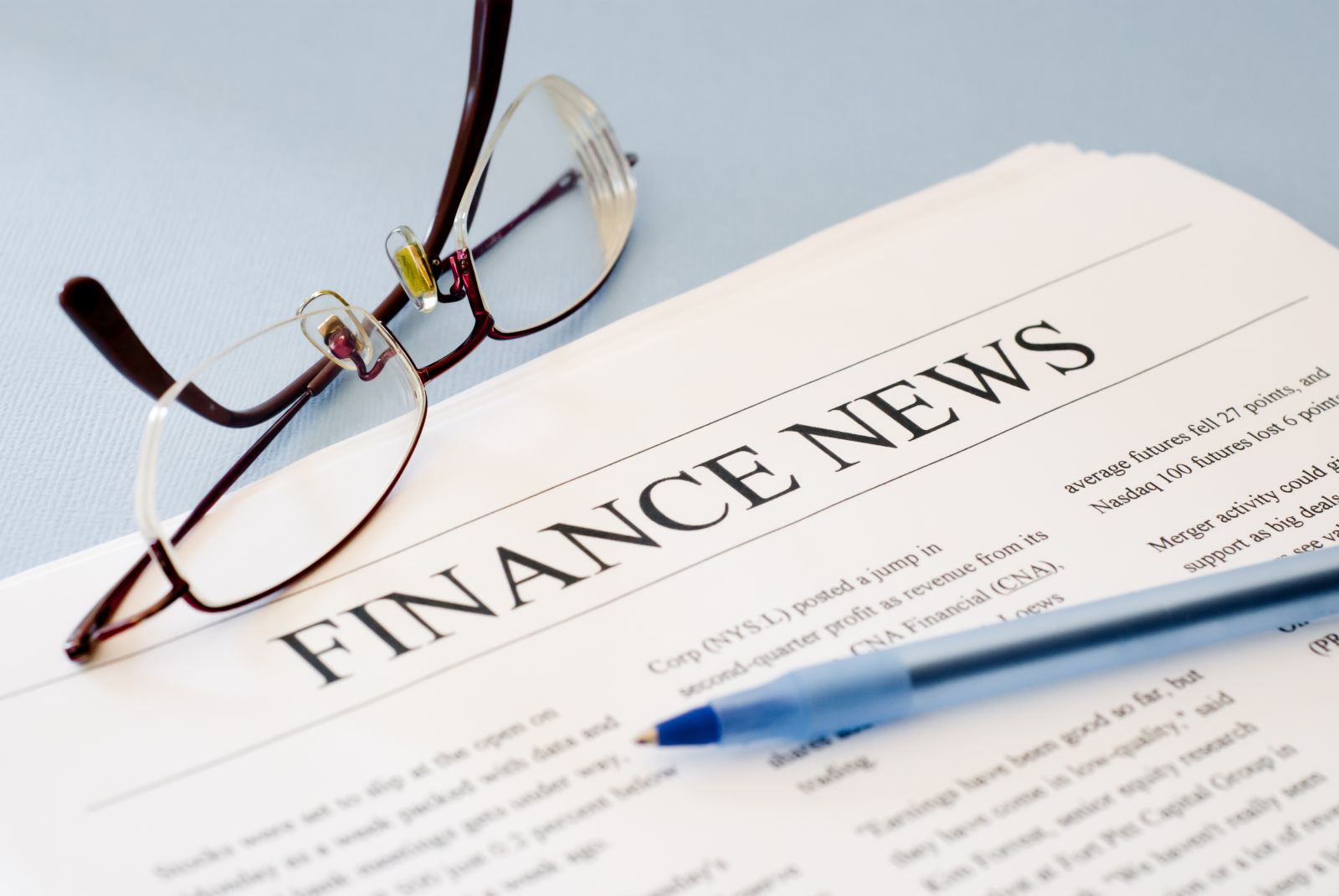
Berkshire Hathaway (BRK.B) chairman and legendary value investor Warren Buffett has an interesting relationship with dividends. While the conglomerate collects billions in dividends every year – $6.04 billion to be precise in 2022 – it does not pay dividends.
In fact, Berkshire Hathaway has never paid a dividend in its history even as it repurchases shares often. Between 2020 and 2021, Berkshire repurchased around $50 billion worth of its shares as Buffett wasn’t able to find other attractive avenues to deploy capital.
Berkshire Hathaway stock underperformed the markets by a wide margin in 2019 and 2020 partially because Buffett wasn’t able to find ways to invest the record cash on the company’s balance sheet. Value stocks underperformed growth stocks over that time frame.

However, Berkshire Hathaway stock outperformed the markets in 2021 and 2022 as value stocks staged a rebound.
Currently, I believe, Chevron (CVX), Citigroup (C), and Coca-Cola (KO) are three Warren Buffett dividend stocks that look like good buys in July 2023.
Chevron looks like a good dividend stock to buy
Over the last couple of years, Buffett has spent billions buying shares of two energy companies – Chevron and Occidental Petroleum (OXY), which are now the conglomerate’s fifth and sixth largest holdings respectively.
Berkshire holds a 7.1% stake in Chevron which at current prices is valued at above $20 billion. The stock has a dividend yield of 3.9% which looks quite attractive.
Chevron stock has lost almost 14% so far in 2023 which is not surprising as energy prices have slumped this year amid concerns over macroeconomic slowdown. While the energy sector was the best-performing S&P 500 (SPY) sector in 2022 it has sagged this year. Oil and gas ETFs are also in the red in 2023, tracking energy prices lower.

However, I believe the medium-term outlook for energy prices looks reasonably strong as The Organization of the Petroleum Exporting Countries (OPEC) has been maintaining supply discipline – unlike in the past when member states prioritized market share over profits.
Also, as China’s economic growth has sputtered, most analysts believe that the country would come up with a stimulus to support its economy which would be positive for commodities including oil.
Chevron trades at a forward enterprise value-to-EBITDA multiple of 5.87x which looks reasonable, and with a healthy dividend yield, I find it an attractive stock.
Citigroup’s dividend yield of 4.3% looks attractive
While Buffett has exited Bank of New York Mellon (BK), U.S. Bancorp (USB), Wells Fargo (WFC), JPMorgan Chase (JPM), and Goldman Sachs (GS) over the last couple of years, he has bought more shares of Bank of America (BAC) and opened a new position in Citigroup.
While banks in general are known for their generous dividends, Citigroup’s dividend yield of 4.41% is better than many of its peers. JPMorgan Chase and Bank of America for instance have dividend yields of 2.61% and 2.99% respectively:

Along with a healthy dividend yield, Citigroup is also attractively valued as its price-to-book value multiple is 0.47x. The bank is undergoing a transformation under its CEO Jane Fraser and has exited multiple international markets in a bid to focus on bigger and more profitable businesses.
I believe that the banking sector, which saw a selling spree amid the regional bank crisis is due for rerating as the larger US banks look healthy despite the macroeconomic slowdown. The sector might see buying support in the coming months as the beaten-down sectors play catchup with tech stocks.
Given its low valuations, I believe, Citigroup stock could be a good buy, especially for dividend investors.
Coca-Cola is a long-time Buffett holding
Coca-Cola and American Express (AXP) are among the stocks Buffett has held the longest. Coca-Cola has actually been holding Coca-Cola since 1988. Buffett has faced flak though for holding onto Coca-Cola despite the stock’s underperformance. However, I believe Coca-Cola is a good dividend stock to buy given its stable dividend – unlike some of the other companies which tend to lower their dividends during periods of economic turmoil.
For instance, while many companies either suspended or lowered their dividends in 2020 amid the COVID-19 pandemic, Coca-Cola actually increased them from $1.60 to $1.64. Currently, the stock offers a nearly 3% dividend yield. While the dividend yield might not sound that attractive it is still about twice the S&P 500’s dividend yield. Where Coca-Cola scores big is stability and consistency as the global beverage giant has increased its dividend for 61 straight years.
Wall Street analysts currently rate Coca-Cola’s stock a Strong Buy:

Of the 14 analysts that cover KO, 11 rate it a Strong Buy, 1 a Moderate Buy, and 2 a Hold. None of the analysts has a Sell rating on the stock and it even trades above its street-low target price of $63.
Coca-Cola has a mean target price of $69.93 which is almost 13% above the current prices while the street-high target price of $75 is an upside potential of 21.6%.
While there are valid concerns over falling volumes of carbonated beverages in developed markets, Coca-Cola has been pivoting to healthier alternatives. It remains among the most popular brands globally and was able to demonstrate its pricing power when it hiked prices multiple times over the last couple of years.
From a valuation perspective, KO stock trades at a forward PE multiple of 23.2x which is slightly below its five-year average. While the stock might not deliver stellar returns given its mature business, I believe it can appeal to investors looking for stable dividends.
On the date of publication, Mohit Oberoi had a position in: SPY , BRK.B , C . All information and data in this article is solely for informational purposes. For more information please view the Barchart Disclosure Policy here.






